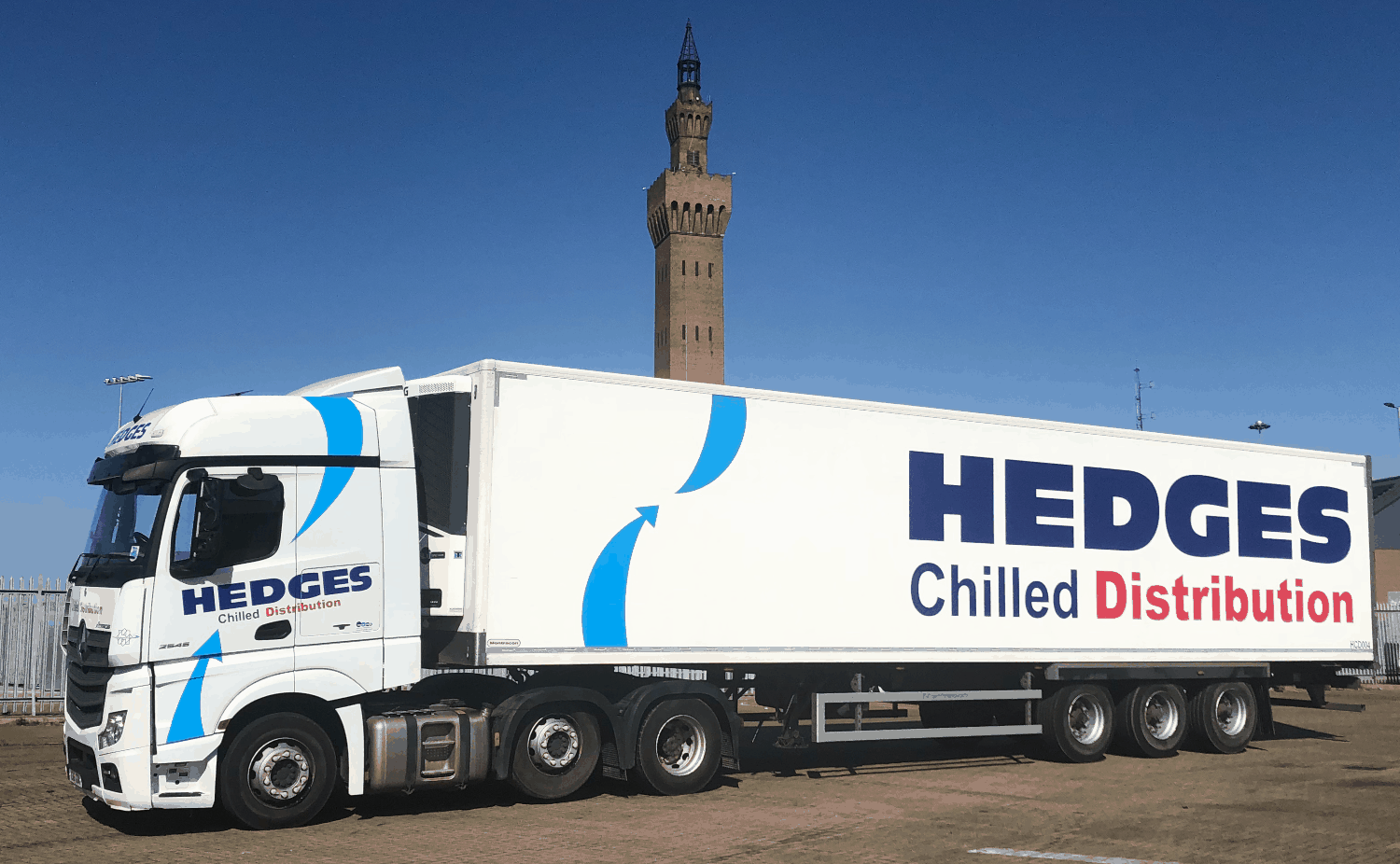The future of UK road haulage

24 May 2023

The future of UK road haulage
The future of road haulage in the UK is expected to be influenced by
several key trends and factors. While we cannot predict the future with
certainty, here are some areas that may shape the road haulage industry in the
UK:
Sustainable and Low-Emission Solutions: The UK government has set
ambitious targets to reduce greenhouse gas emissions and improve air
quality. This will likely drive the adoption of low-emission vehicles,
such as electric trucks and hydrogen-powered vehicles, in the road haulage
sector. Incentives and regulations may encourage the transition to cleaner
and more sustainable transportation options.
Automation and Technology: Automation and technology advancements
are expected to play a significant role in the future of road haulage.
Autonomous vehicles, including self-driving trucks, have the potential to
improve efficiency, reduce accidents, and enhance the overall logistics
process. Advanced telematics systems, IoT sensors, and data analytics will
enable real-time monitoring, optimization of routes, and predictive
maintenance.
Digitalisation and Connectivity: The road haulage industry will
continue to undergo digital transformation, with increased adoption of
digital platforms, cloud-based systems, and real-time connectivity. This
will facilitate seamless collaboration between stakeholders, enhance
supply chain visibility, enable efficient freight matching, and streamline
administrative processes such as electronic documentation and invoicing.
Regulatory and Compliance Requirements: Compliance with regulations
and standards will remain a critical aspect of the road haulage industry.
Changes in legislation, including transportation regulations, safety
standards, and border controls, may impact operations and necessitate
adaptations. Haulage companies will need to stay updated with evolving
regulations to ensure compliance and avoid disruptions.
Skills and Workforce Development: The industry will face the
challenge of attracting and retaining skilled drivers and logistics
professionals. Haulage companies may need to invest in training programs,
driver retention initiatives, and technologies that improve driver
experience and safety. The industry may also see the emergence of new job
roles related to managing and optimizing automated and connected systems.
International Trade and Brexit: The UK's exit from the European
Union (Brexit) has implications for the road haulage industry,
particularly regarding customs procedures, border controls, and trade
agreements. The future of UK road haulage will be influenced by the
evolving trade relationships and the ability to navigate new customs
requirements efficiently.
Sustainability and Corporate Social Responsibility: There is an
increasing emphasis on sustainability and corporate social responsibility
in the transport and logistics sector. Haulage companies will likely face
pressure to reduce their carbon footprint, adopt circular economy
principles, and demonstrate responsible supply chain practices. Customers
and stakeholders are increasingly valuing environmentally friendly and
socially responsible transportation solutions.
The above trends indicate a shift towards a more sustainable, digitised, and connected
road haulage industry in the UK. Haulage companies that embrace these changes,
adapt to evolving customer expectations and regulatory requirements, and invest
in technological advancements are likely to be well-positioned for success in
the future.